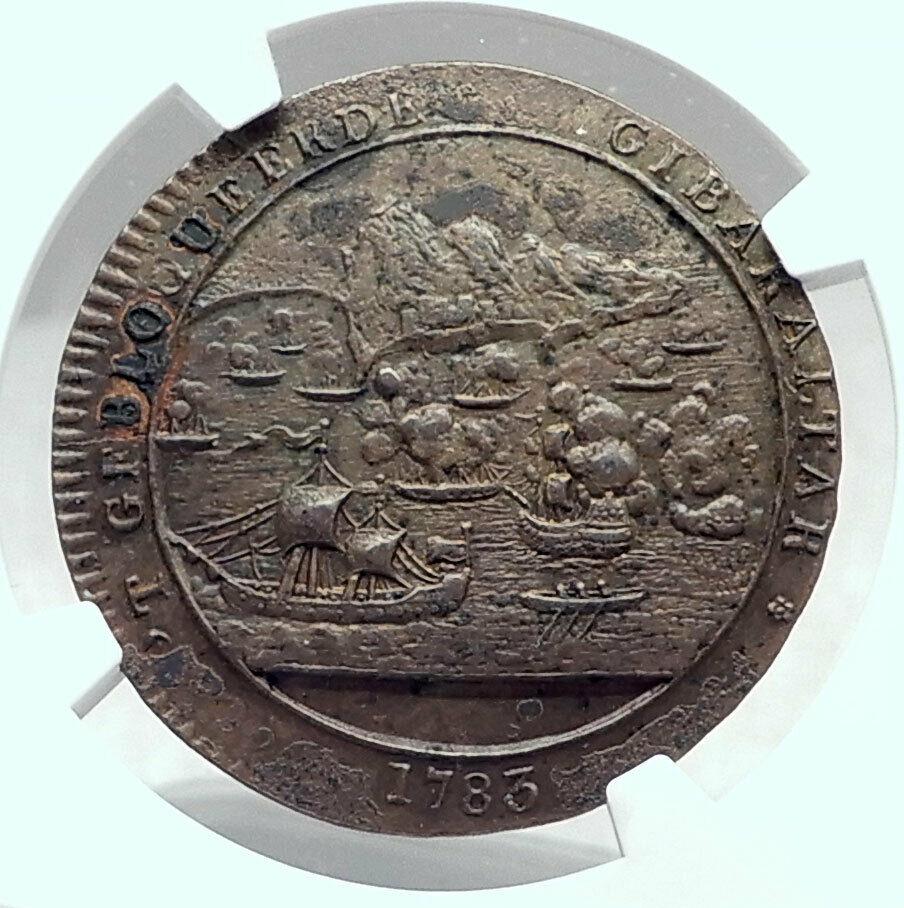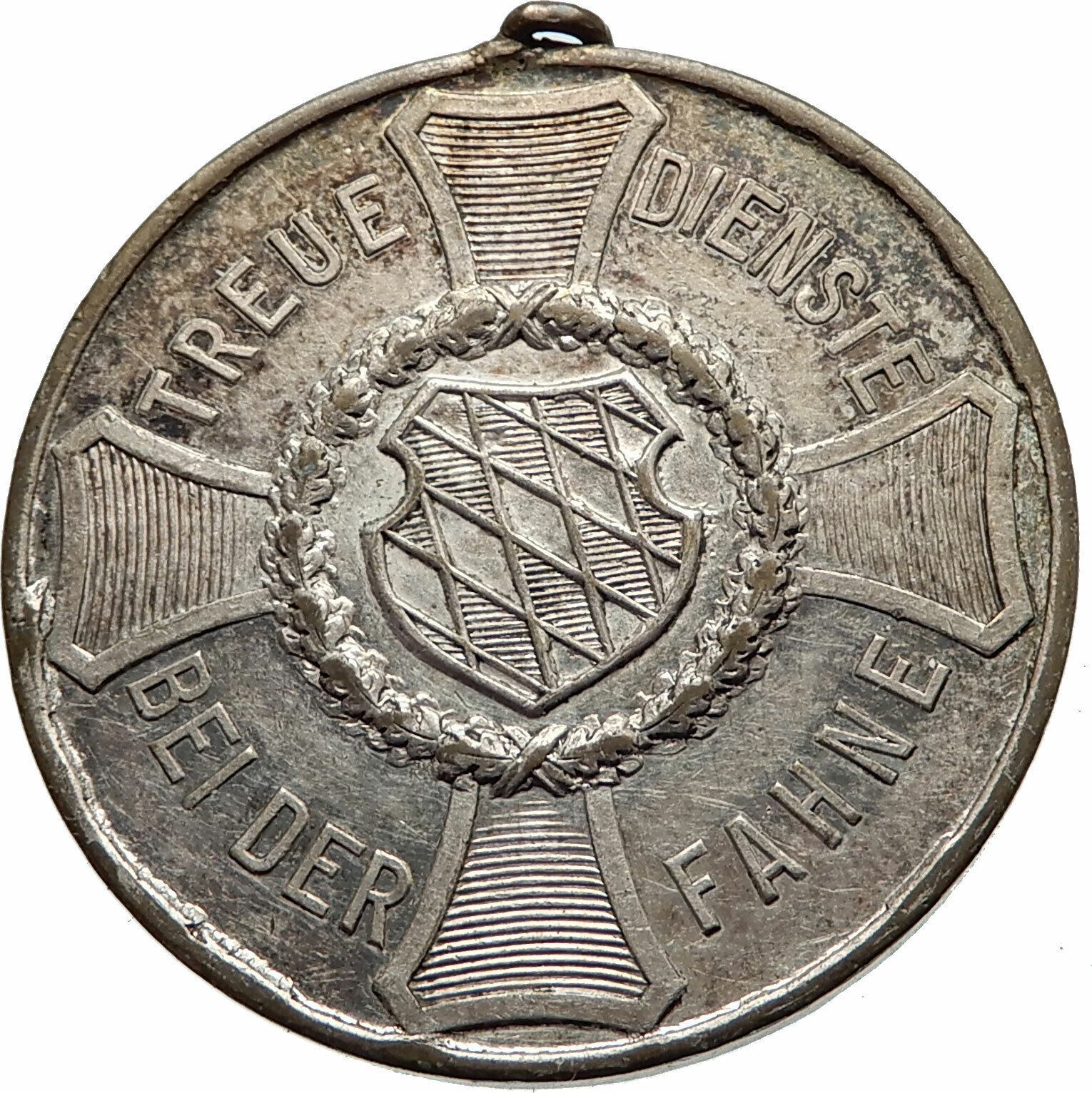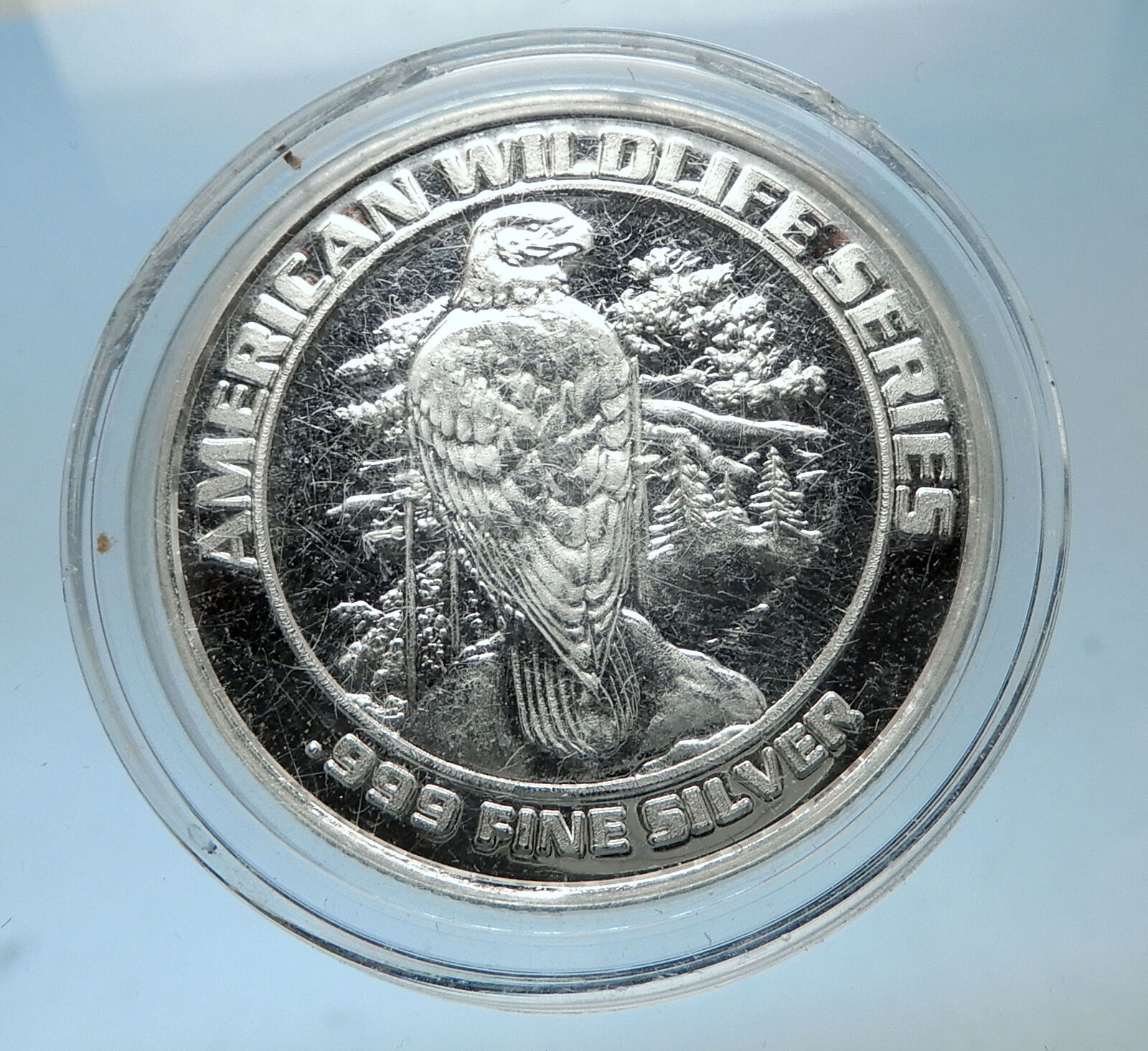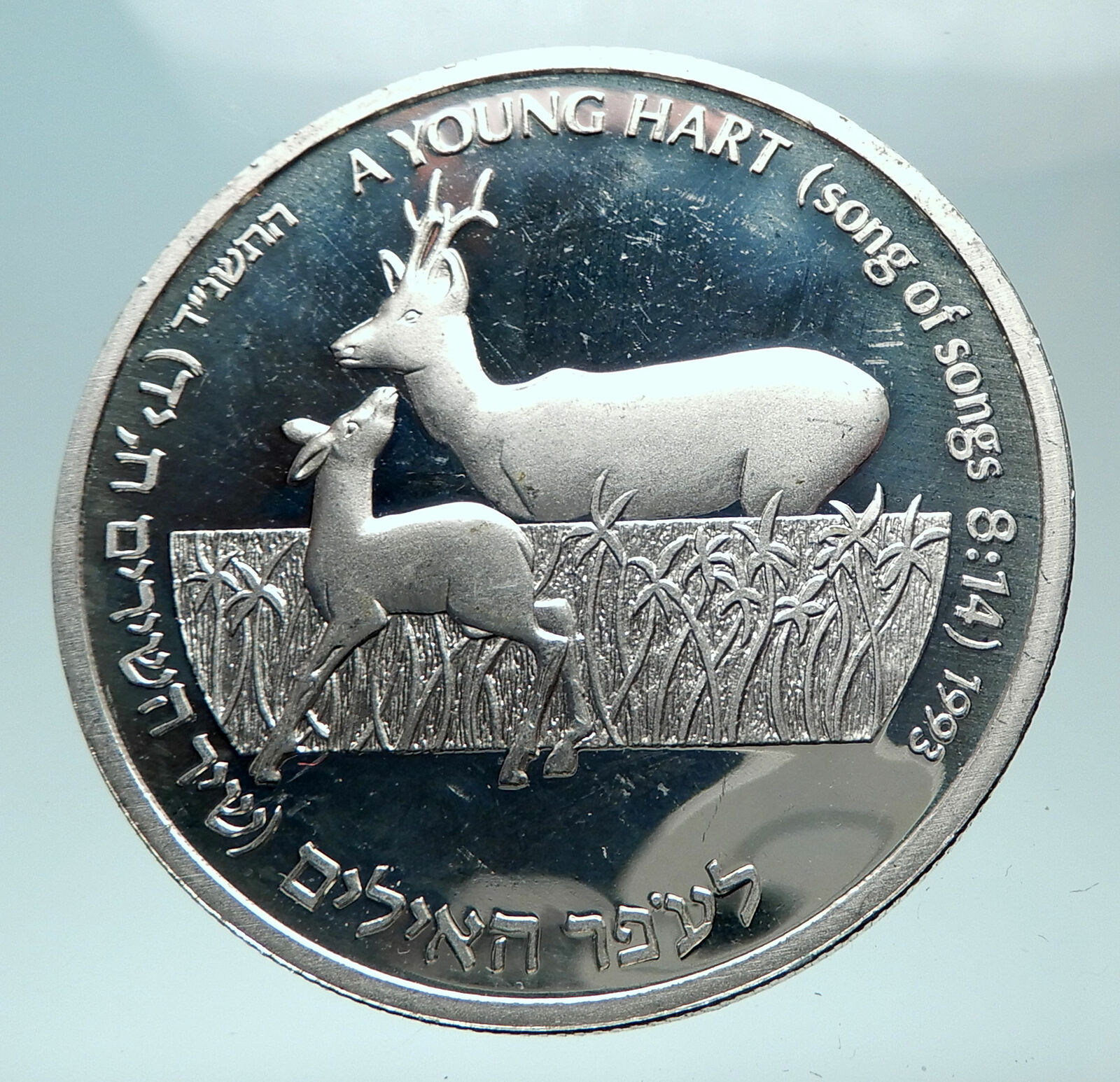|
United States of America
Larry Johnson – 1994-1995 Charlotte Hornets Career Medal
1995 Proof Silver Medal 38mm (31.10 grams) 0.999 Silver (1.00 oz. ASW)
Reference: Highland Mint #1085 out of 7,500 mintage.
LARRY JOHNSON 2, Larry facing 3/4 left, signature below.
OFFICIALLY LICENSED BY THE NATIONAL BASKETBALL ASSOCIATION CHARLOTTE HORNETS LARRY JOHNSON Charlotte Hornets LIMITED EDITION 1085 ONE TROY OUNCE .999 FINE SILVER, Logo atop.
You are bidding on the exact item pictured, provided with a Certificate of Authenticity and Lifetime Guarantee of Authenticity.
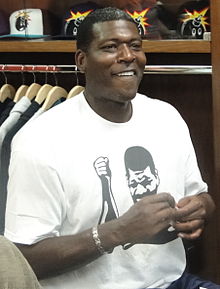 Larry Demetric Johnson (born March 14, 1969) is an American former professional basketball player who spent his career as a power forward with the Charlotte Hornets and the New York Knicks of the National Basketball Association (NBA). In 2008, Johnson was inducted into the Southern Nevada Sports Hall of Fame. He was then inducted into the College Basketball Hall of Fame on November 24, 2019. Larry Demetric Johnson (born March 14, 1969) is an American former professional basketball player who spent his career as a power forward with the Charlotte Hornets and the New York Knicks of the National Basketball Association (NBA). In 2008, Johnson was inducted into the Southern Nevada Sports Hall of Fame. He was then inducted into the College Basketball Hall of Fame on November 24, 2019.
Johnson was selected first overall in the 1991 NBA draft by the Charlotte Hornets, and won the NBA Rookie of the Year Award in his first season. He also competed in the 1992 Slam Dunk Contest at the NBA All-Star Weekend in Orlando, finishing second to Cedric Ceballos of the Phoenix Suns.
In 1993, Johnson was voted to start in that year’s All-Star Game, making him the first Hornet in franchise history to receive that honor; he enjoyed his best statistical season with averages of 22.1 points per game and 10.5 rebounds per game in 82 games, which earned him All-NBA Second Team honors. Along with Alonzo Mourning, Muggsy Bogues and Dell Curry, Johnson played with the Hornets at the height of their popularity in the early to mid-1990s. During this time, Johnson, who went by his initialism “LJ” and the nickname “Grandmama” (because of a popular series of commercials for Converse, who signed Johnson to an endorsement contract following his entry into the NBA), was featured on the cover of the premiere issue of SLAM.
In October 1993, Johnson signed what was at the time the most lucrative contract in NBA history, a 12-year, $84 million deal with the Hornets. However, he missed 31 games after spraining his back on December 27, 1993 in a game against the Detroit Pistons. During the summer he played for the U.S. national team (nicknamed Dream Team II) in the 1994 FIBA World Championship, winning the gold medal.
Johnson had entered the league as an explosive power forward, averaging over 20 points and 10 rebounds per game. However, after the injury to his back, Johnson was forced to develop an all-around game with an improved outside shot. In the 1994–95 season, he made 81 three-pointers, nearly 60 more than in his first three years combined, and was selected to the 1995 NBA All-Star Game.
Friction between Johnson and Mourning forced the organization to make a change, and the resulting moves made by the Hornets left both players on other teams. Prior to the 1995–96 season, Mourning was traded to the Miami Heat for Glen Rice and Matt Geiger. Following that season, Johnson was dealt to the New York Knicks for Anthony Mason and Brad Lohaus.
Johnson averaged 12.8 points, a career-low, in his first season as a Knick, and although he would never return to his former All-Star form, he was a key member of the Knicks’ 1999 Eastern Conference championship team.
During Game 3 of the Eastern Conference Finals, he was involved in a critical play in which he was fouled by Antonio Davis of the Indiana Pacers. Standing outside the three-point line with 11.9 seconds left, Johnson held the ball, and then began to dribble. He leaned into defender Davis before jumping up. The referee called the foul about a half-second before Johnson released the ball, but it was counted as a continuation shooting foul. Johnson made the shot and converted the free throw following the basket for a four-point play, which turned out to be the winning margin in a 92-91 Knicks victory.
During the 1999 NBA Finals, Johnson characterized the Knicks as a band of “rebellious slaves”. Bill Walton later called Johnson and his performance a “disgrace”. When Johnson was asked about the play of San Antonio Spurs point guard Avery Johnson in Game 4, Johnson again shifted the topic to slavery: “Ave, man, we’re from the same plantation. You tell Bill Walton that. We from Massa Johnson’s plantation.” He went on to say, “Here’s the NBA, full of blacks, great opportunities, they made beautiful strides. But what’s the sense of that … when I go back to my neighborhood and see the same thing? I’m the only one who came out of my neighborhood. Everybody ended up dead, in jail, on drugs, selling drugs. So I’m supposed to be honored and happy or whatever by my success. Yes, I am. But I can’t deny the fact of what has happened to us over years and years and years and we’re still at the bottom of the totem pole.”
On October 10, 2001, Johnson announced his early retirement from basketball due to chronic back problems that had plagued him for several years, after his point production had decreased for three straight years.
|







 Larry Demetric Johnson (born March 14, 1969) is an American former professional basketball player who spent his career as a power forward with the Charlotte Hornets and the New York Knicks of the National Basketball Association (NBA). In 2008, Johnson was inducted into the Southern Nevada Sports Hall of Fame. He was then inducted into the College Basketball Hall of Fame on November 24, 2019.
Larry Demetric Johnson (born March 14, 1969) is an American former professional basketball player who spent his career as a power forward with the Charlotte Hornets and the New York Knicks of the National Basketball Association (NBA). In 2008, Johnson was inducted into the Southern Nevada Sports Hall of Fame. He was then inducted into the College Basketball Hall of Fame on November 24, 2019. 

